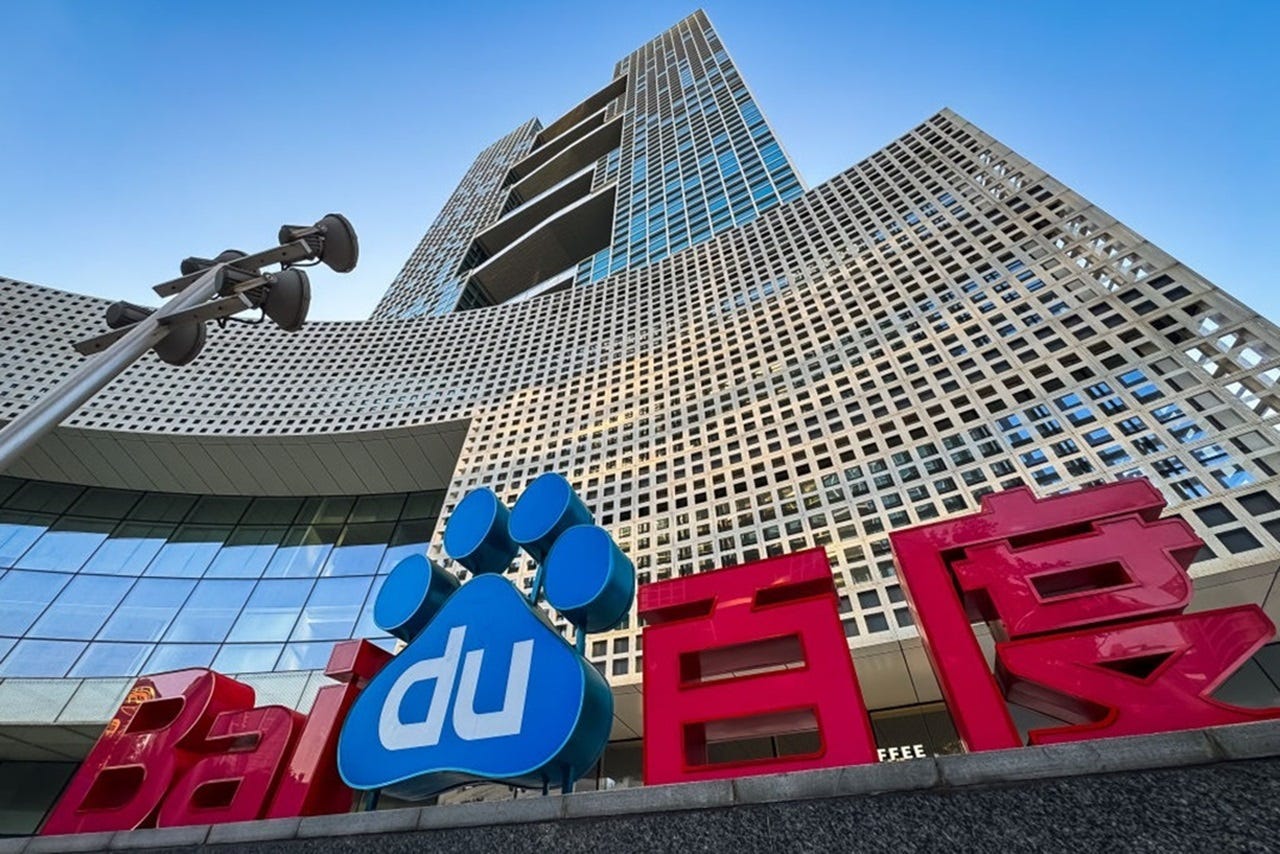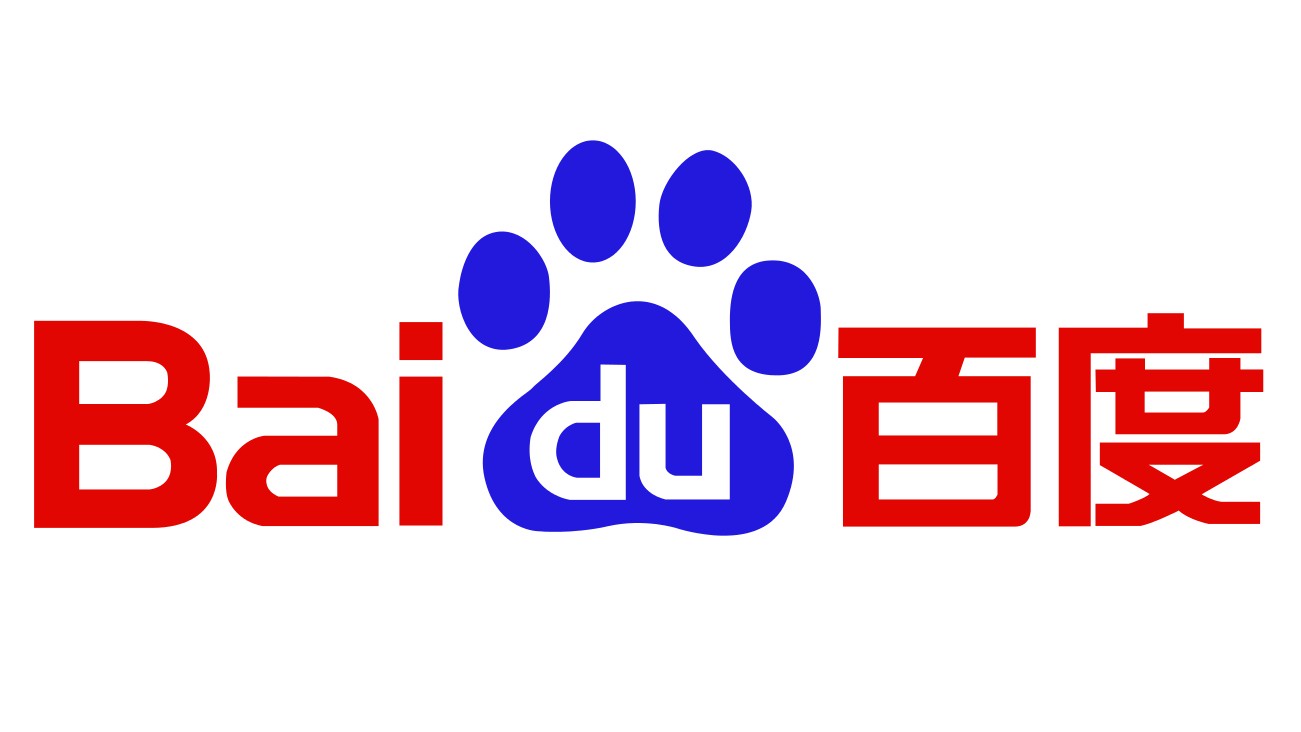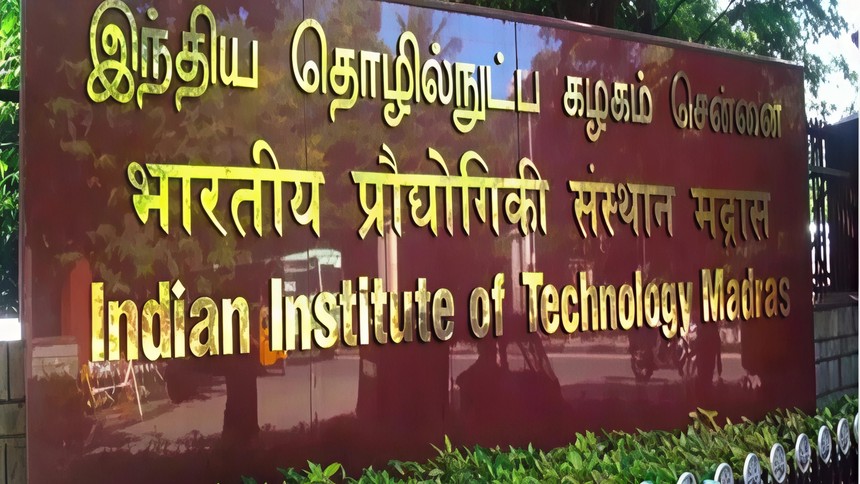Baidu has open sourced ten variants of its Ernie 4.5 AI model family, offering powerful multimodal and reasoning tools along with developer kits. Licensed under Apache 2.0, the models challenge offerings from OpenAI and DeepMind, positioning Baidu as a serious player in the global open AI race.
Baidu has officially released its Ernie 4.5 series of AI models into the open source community, marking a major move in the global AI race. The Chinese tech giant made ten variants of the Ernie 4.5 family available for free download along with powerful developer toolkits. These models are designed for use across multiple hardware environments and are being offered under the permissive Apache 2.0 license, allowing researchers and businesses alike to explore, modify, and deploy them in academic and commercial projects.
Among the ten newly available models, eight are based on the Mixture of Experts architecture, a design known for its ability to handle massive amounts of data by selectively activating only a fraction of the total parameters during inference. This approach helps achieve high performance with greater efficiency. Some of the models are also multimodal, capable of interpreting both visual and language inputs, while others are designed for reasoning and problem solving tasks.
Baidu has highlighted that several of its models match or surpass competitors like OpenAI’s GPT 4.1 and DeepSeek V3 across a wide set of benchmarks. One particular model, the Ernie 4.5 300B Base, is reported to have outperformed DeepSeek V3 in 22 out of 28 internal tests. Another variant with fewer parameters still beat Qwen3 30B in math and logic tasks, showcasing Baidu’s focus on optimization and quality over raw scale.
Developers can now access these models via Baidu’s listings on Hugging Face and GitHub. All models were trained using Baidu’s own deep learning framework, PaddlePaddle, and make use of advanced training methods. These include heterogeneous expert arrangements, memory efficient pipeline design, mixed precision training using FP8, and fine grained recomputation techniques that reduce the computational load during training and inference.
In addition to the models, Baidu has launched ErnieKit, a complete development toolkit designed to assist developers with pre training, fine tuning, and customizing the models. It supports features like supervised fine tuning, LoRA integration, and low latency deployment options. This makes the Ernie 4.5 suite one of the most flexible and developer friendly AI model families currently available in the open source ecosystem.
Baidu had already signaled its intentions in April when it made the Ernie chatbot free to the public. The latest move further emphasizes its commitment to democratizing access to cutting edge AI technologies. While companies in the West like Meta and Google are also building their own open AI tools, Baidu’s Ernie 4.5 models introduce strong competition from China with comparable performance and broader access.
The release of these models could be a major moment in the evolution of open AI. Baidu's transparency in sharing training processes and its decision to make development kits available suggests that it is not just seeking recognition but wants to build a collaborative community around its technology.
With global interest in large language models and multimodal AI growing rapidly, Baidu’s decision to open up the Ernie 4.5 series might be a turning point in how countries and companies around the world access next generation AI systems.
For more on the latest developments in AI and global tech, follow Tech Moves on Instagram and Facebook.














